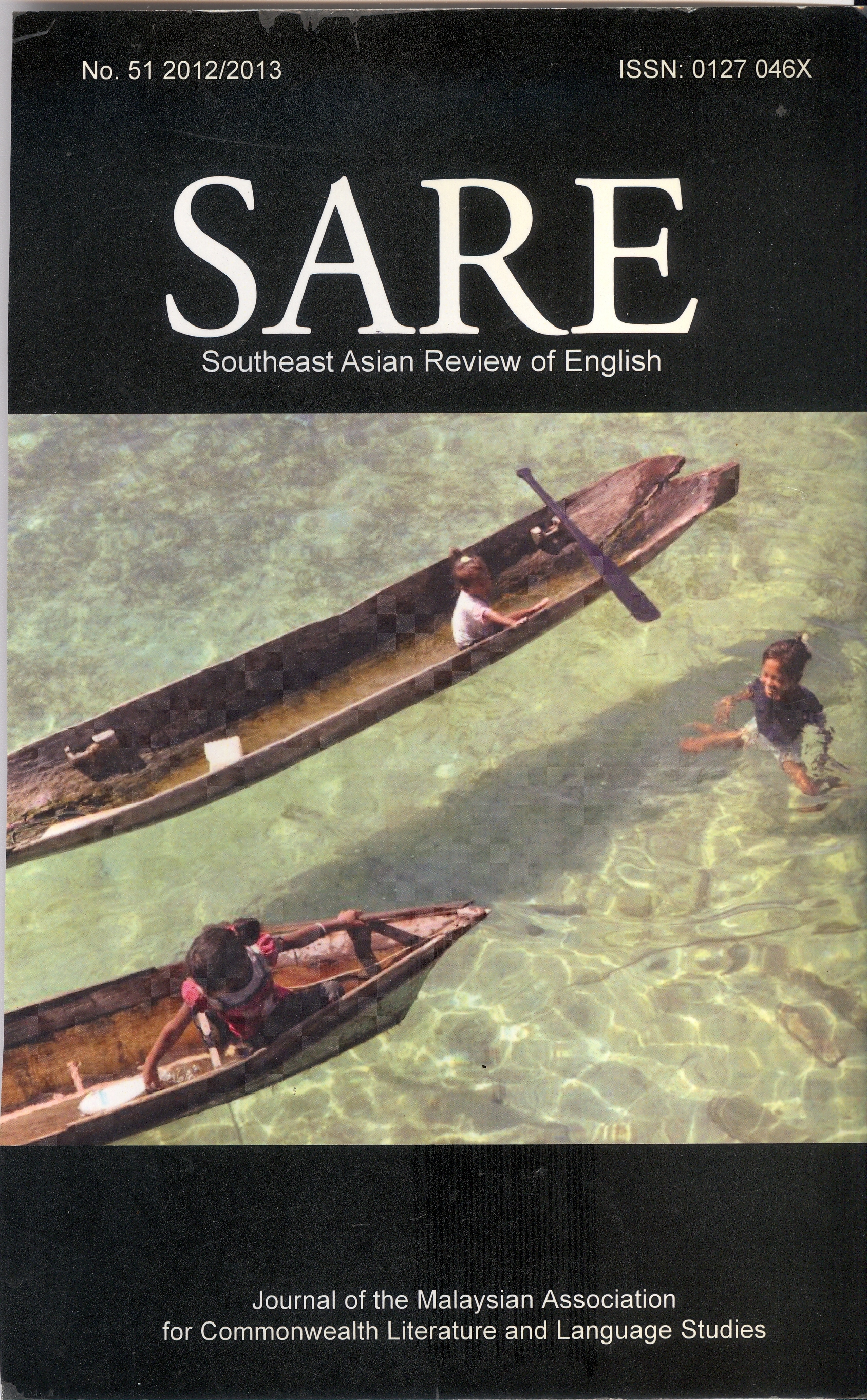Psychological Disorientation and Protocols of Textuality: Diagnosing the Narrative Strategies in Caryl Phillips's Higher Ground and Crossing the River
Main Article Content
Abstract
Postcolonial studies today seek to understand the colonial experiences of individuals in a wider horizon of social, political, psychological and cultural operations. The recent critical understanding on the psychological experiences of individuals caught in various colonial moments has contributed new insights into colonial oppression and trauma. Consequently, exploring human psyche trapped under the various oppressive structures of colonialism has been one of the key concerns with today's literary writers. Black British writer Caryl Phillips, in his fictional works, investigates the specific psychological fragmentations and its operational arenas in individuals caught in dehumanizing colonial experiences. Born in St. Kitts in the West Indies in 1958 and brought to England at the age of 12 weeks, Phillips personally encountered the psychological vexations of a migrant. Phillips grew up in Leeds in England and was educated at Oxford University. As a prolific writer, he is credited with ten novels, a number of essays, plays, screenplays, travel books, anthologies, radio and television dramas, and documentaries. As a distinguished writer, he has received numerous prestigious awards. Though known as a Black British writer in literary circles, interestingly he is also variedly labelled as a writer of English literature, Black literature, African-American literature, Caribbean literature, Women's Literature and so on (Eckstein, 2001: 33-34). Currently based at Yale University in the US, he explores newer realms of his aesthetic consciousness as well as writes about the twenty-first century 'homeless' migrant.
Downloads
Article Details
Copyrights of all materials published in SARE are retained by the authors. Authors may republish their work or grant others permission to republish it. We would be grateful if republication is accompanied by an acknowledgment that the work was originally published in SARE.
